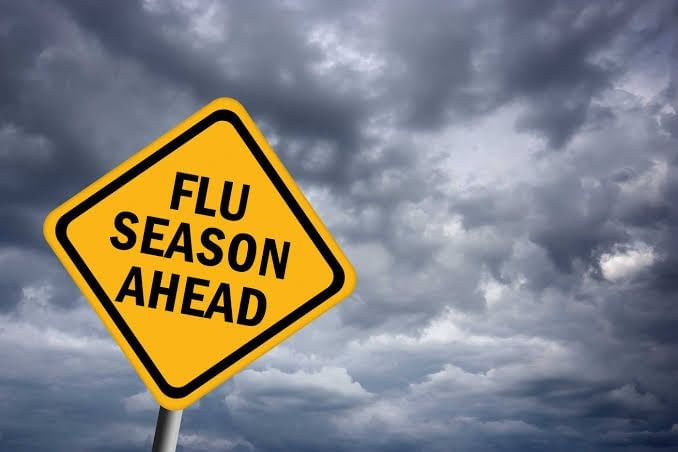Seasonal Flu: Are We Ready?
What is the flu?
The flu is a contagious respiratory illness caused by influenza virus. This illness also called as seasonal influenza (earlier called as swine flu) in india that is caused by various types of flu viruses such as influenza a h1n1, h3n2, influenza b etc.
Do people in india get the flu?
Yes. Many people in india get the flu each year; mostly in winter and rainy seasons. According to ncdc, 15266 people got flu during last year; among those 1113 people died due to severe illness.
How does the flu spread?
Seasonal flu can spread from person to person by infected droplets released while coughing, sneezing or talking. People may also catch flu by touching their mouth or nose after touching something with the virus like door knobs, tables or with hand shake of infected person.
How do you know if you got the flu?
You may develop following symptoms when you have flu like illness:
• fever
• cough
• sore throat
• runny/stuffy nose
• body aches
• head ache
• chills
• fatigue
Some people may have vomiting and diarrhoea. Some people may have only respiratory symptoms without fever.
How sick do people get with the flu?
Most people with the flu get better without medications or visiting a doctor. Many will recover after a mild illness. However, some people can get very sick from the flu and some even can die from the disease.
Who may get more serious flu related illness/ complications?
If you have a high risk factor listed below and develops flu symptoms, it’s possible for otherwise healthy people to develop severe illness.
Many of the people who get very sick are:
• children younger than 5 years
• people 65 years and older
• pregnant women (and women up to 2 weeks postpartum)
• residents of nursing homes and other long-term care facilities
• people who have chronic lung diseases (such as asthma, copd, ild etc.), diabetes mellitus, neurologic conditions such as stroke, heart disease, blood disorders, kidney disorders, liver disorders, weakened immune system such as people with hiv or aids, or cancer, or those on chronic steroids), adults with extreme obesity.
What should you do if you get flu?
If you get flu symptoms, stay home and avoid contact with other people as much as possible for at least 1 day after your fever gone; except to seek medical care. Take fever medications. Drink plenty of liquids. Eat nutritious food.
When should you seek medical care?
There are “emergency warning signs” that should signal anyone to seek medical care urgently. • difficulty in breathing • pain or pressure in the chest/abdomen • sudden dizziness, confusion, inability to arouse • seizures • not urinating • severe weakness or unsteadiness • blood in sputum • bluish colour in nails • fever or cough that improve but then return with fever or worse cough
Who should undertake laboratory test to diagnose flu?
Laboratory testing is required for only hospitalized patients. Your doctor can assess and advice regarding this.
Are there medicines to treat flu?
Yes. Anti-viral drugs can be used to treat the flu. Most people who get sick get better without any antiviral medications. But, if you need help getting well, your doctor may decide to give you these medications.
What should you do to protect yourself from getting flu?
“3 step approach” will help you protect from flu.
Step 1: flu vaccination (flu shot)
• every one (6 months or older) should get a flu vaccine every year before flu activity begins in their community preferably by the end of october.
• it’s safe to get a flu vaccine during pregnancy. It will not only decrease the risk of getting flu during pregnancy, but also protects the child for several months after birth.
Step 2: take everyday preventive actions to stop the spread of virus
• stay away from sick people who have flu symptoms.
• wash your hands often with soap and water; if not available with alcohol based hand rub.
• cover your nose and mouth while coughing or sneezing with handkerchief.
• avoid touching your eyes, nose, or mouth.
• avoid crowded places.
Step 3: take flu antiviral drugs if your doctor prescribes them
• antiviral drugs can make illness milder and shorten the time of sickness. They can also prevent serious flu complications, like pneumonia/respiratory failure.
• antiviral drugs are different from antibiotics. They are prescription medicines and are not available over-the-counter.



+1.svg)
